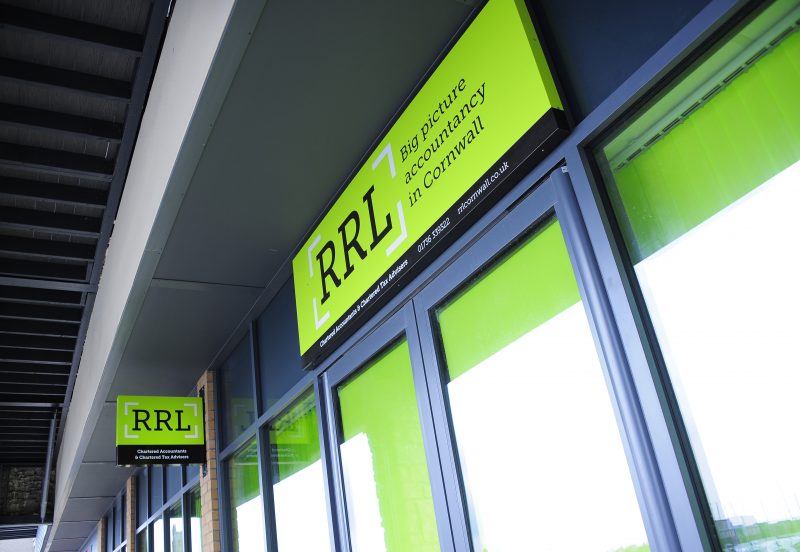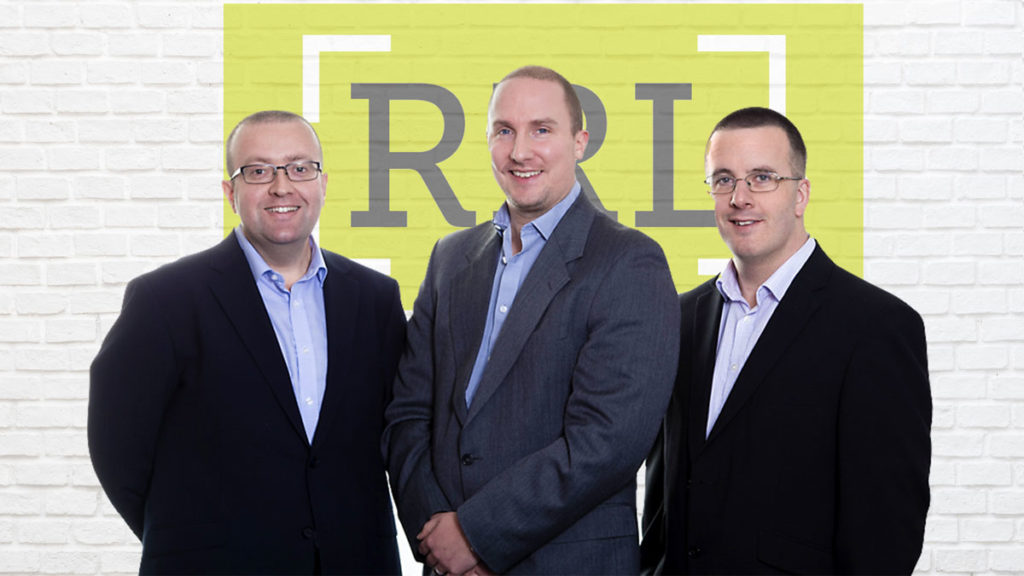The right direction
RRL, experts on business consultancy, advise on ways to extract profit from your company following the corporation rate increase.
Following the recent increase in corporation rates on the 1st of April, we speak with Becca Blewett, Senior Associate at RRL (experts in everything accountancy from audits to not-for-profits) as she sheds light on some of the ways you can extract profit from your company, from salary (including benefits and bonuses) and dividends through to pension contributions.
Becca begins by explaining salaries: “Paying a salary is one of the most common ways of extracting profits. Every person with a taxable income below £100,000 has an annual personal allowance of £12,570. So, if you were to be paid a £12,570 salary from your company, you would not pay any income tax on this. Any salary between £12,570 and £50,270 would be taxable at 20%. Salary between £50,270 and £100,000 would be taxable at 40%. Any income over £100,000 would suffer higher tax rates as the personal allowance is reduced by £1 for every £2 that your income goes above £100,000. Your personal allowance is therefore zero if your income is £125,140 or above.
“The other ‘stealth band’ of the high-income child benefit charge applies where one partner’s income exceeds £50,000. Directors are liable to national insurance contributions (NICs) on any salary in excess of £12,570. Employers secondary class 1 NICs are due to be paid on any salary in excess of £9,100 (for 2023/24). There may, however, be the availability of the Employment Allowance (£5,000 for 2023/24) which is set against the first £5,000 of employers NIC due.”
Becca continues by explaining more about employment allowance: “The employment allowance is available for any company (or group of companies) with more than one employee with an employers’ Class 1 NIC liability of less than £100,000. This means that directors could pay themselves £12,570 per year (or £9,100 if the Employment Allowance isn’t available) which counts towards their state benefit entitlement without paying income tax or national insurance contributions. Both salary payments and any employers NIC paid are tax deductible for companies, for corporation tax purposes.” However, unlike salaries, dividends are not liable to NIC but are still subject to income tax, albeit at lower tax rates, as Becca explains: “Dividends currently attract an allowance of £1,000 (for 2023/24), meaning you will not pay tax on the first £1,000 of dividend income. This is due to be halved to £500 from 2024/25. Dividends in excess of this £1,000 allowance will be taxed at 8.75% if they fall in the basic rate band, 33.75% if they fall within the higher rate band and 39.35% if they fall within the additional rate band. The company must also ensure that they have enough available distributable reserves to be able to declare the dividend. If spouses are shareholders, shared ownership can be robustly organised for both spouses to draw dividends tax efficiently (useful where the amount required to be extracted exceeds £50,270).”
Lastly, Becca kindly takes us through employer pension contributions, the most tax-efficient way of extracting profit from a company: “Thought should be given as to whether the directors need the cash to be readily available to them now or whether they can keep the funds locked up until they withdraw the pension. Like salary, employer pension contributions are an allowable expense for corporation tax purposes. Provided the contributions do not exceed the individual’s annual allowance they will also not be subject to income tax, making them extremely tax efficient. These should always be considered where you don’t need the cash in your hands, and the business doesn’t need the funds.”
Becca leaves us with one last piece of advice: “It should be worth noting that when the Companies House reform comes into effect, filleted and abridged accounts will no longer be available for small and micro companies. This means that a profit and loss account will have to be filed (significantly increasing the available financial data available to the public) and the value of any dividend distributions would be visible to viewers of the accounts. Many owner-managed limited companies are considering extracting profits by way of salary, instead of dividend, as a result.”
Although the answer is not always straight-forward and depends on circumstances, the friendly team at RRL are ready and waiting to offer you the advice you need, so why not give them a call?
RRL
Peat House, Newham Road, Truro TR1 2DP
01872 276116
(X) RRLCornwall
(LinkedIn) RRL Chartered accountants and Chartered Tax Advisers
post@rrlcornwall.co.uk
www.rrlcornwall.co.uk








